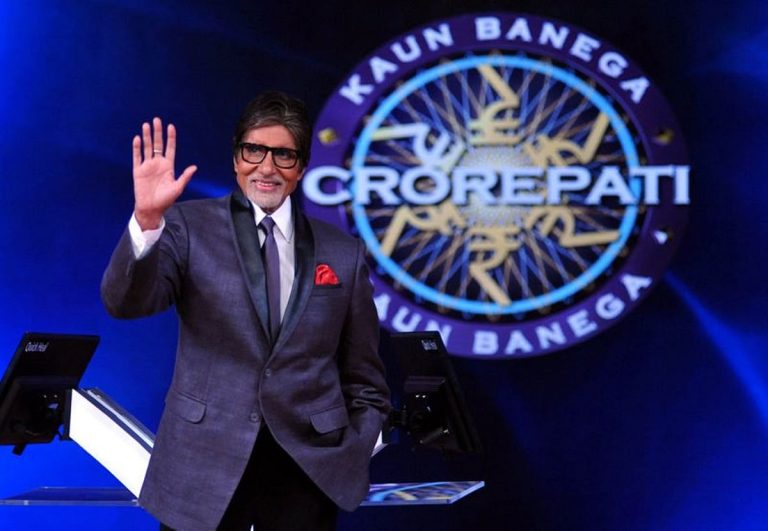MTV to Shut Down Five Music Channels by Year-End 2025
The announcement from Paramount Global regarding the closure of five MTV music channels marks a significant shift in the media landscape. Once a cornerstone of global pop culture, MTV is now pivoting away from its music roots to focus on reality programming and digital platforms. This transition reflects broader changes in how audiences consume music and entertainment.
Closure of MTV Music Channels
On October 10, 2025, Paramount Global revealed plans to shut down MTV Music, MTV 80s, MTV 90s, Club MTV, and MTV Live by December 31, 2025. While the flagship MTV channel will continue to operate, its content will increasingly center on reality shows and non-music programming. This move is part of a broader strategy to reduce costs by approximately $500 million and to shift focus toward digital and streaming services like Paramount+ and Pluto TV.
The Evolution of MTV
MTV was launched in August 1981 as a 24-hour music video channel, famously debuting with “Video Killed the Radio Star.” This innovative platform transformed music consumption, making visual storytelling an integral part of an artist’s identity. Throughout the late 1980s and 1990s, MTV expanded globally, introducing localized content and regional VJs, thus becoming a cultural touchstone for youth around the world.
However, over the years, MTV’s identity has evolved. The channel gradually shifted from music videos to reality television and branded series, leading to a dilution of its original music programming. By the 2010s, platforms like YouTube and various streaming services had taken over as primary sources for music consumption, leaving MTV struggling to maintain its relevance in the music industry.
The Impact of the Shutdown
The closure of these music channels signifies a turning point for both MTV and the music industry. For music enthusiasts, it represents the loss of a curated platform dedicated to music discovery. As MTV’s music channels fade into history, the landscape will become more decentralized, with local music channels and digital services stepping in to fill the gap, particularly in diverse markets like the UAE.
As MTV pivots toward reality franchises and celebrity culture, the influence of streaming platforms and short-form video services like TikTok and YouTube will continue to grow. This shift highlights the changing dynamics of music consumption, where algorithm-driven recommendations and social media play a crucial role in how fans discover new artists and songs.
Future of Music Discovery
With the decline of traditional music channels, the future of music discovery is likely to be shaped by digital platforms. Music fans will increasingly rely on social media and streaming services to find new music, leading to a more fragmented but diverse music landscape. Local channels may emerge to cater to specific demographics, but the centralized experience that MTV once provided will be hard to replicate.
FAQs
Why is MTV shutting down its music channels?
MTV is shutting down its music channels as part of a cost-cutting strategy and to focus on reality programming and digital platforms, reflecting the changing landscape of music consumption.
What will happen to the flagship MTV channel?
The flagship MTV channel will continue to operate but will shift its programming focus away from music videos to reality shows and other non-music content.
How will this affect music fans?
The closure of MTV’s music channels means that fans will lose a dedicated platform for music discovery, leading to a more decentralized approach to finding new music through digital and social media platforms.
Conclusion
The impending closure of MTV’s music channels signals the end of an era in television and music culture. As the industry continues to evolve, audiences will need to adapt to new methods of discovering music, primarily through digital platforms. This transition underscores the dominance of streaming services and social media in shaping the future of music consumption.
The decision to close these channels also reflects the broader trend of traditional media companies adapting to the digital age. As viewership patterns shift, many networks are reevaluating their programming strategies to align with consumer preferences, which increasingly favor on-demand content. This evolution is not unique to MTV; similar changes have been observed across various networks as they seek to remain relevant in a rapidly changing media environment.
Moreover, the impact of this transition extends beyond just MTV and its channels. It raises questions about the future of music television as a whole and whether other networks will follow suit. As audiences gravitate towards personalized content experiences, the traditional model of music programming may continue to decline, prompting a reevaluation of how music is marketed and consumed in the digital era.
Also Read:
Discover the Cultural Delights of Global Village Dubai







